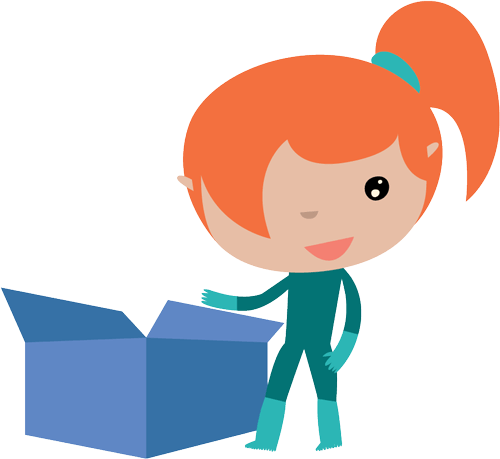
Resource Center

Resources About
Child Milestones
It’s important to know your child’s developmental milestones. It’s how you know if their growth is on track. There are ways that kids should speak, act and learn by certain ages. If everything is on track, great! If not, a health professional can assess them and get them help. These resources will help you track your own kid’s milestones.

The CDC has vital information on milestones for your child listed out by age, from two months through five years.
Download a checklist from the CDC to help track important milestones by age (in English and Spanish).
Learn about the skills and behaviors you can expect from your baby, from ZERO TO THREE.
The CDC has a free library of photos and videos of developmental milestones for your child.
If you have concerns about your child’s development, act early – check out tips from the CDC.
Find out about developmental screens and support for child development.
Find out what milestones your child should pass and activities to support their development.
Resources About
Parenting
Being a parent is hard and every kid is different. Need help? You’ll find everything from information on a crying / fussy baby to toilet training tips.

Vroom turns shared moments into brain building moments and supports parents in what you do every day.
Information and tools to support you in developing your own ways to promote your child’s growth and development.
Parents can receive training on challenging behaviors, or why children do what they do, and other topics, from the Center on the Social Emotional Foundations for Early Learning.
This video, from ZERO TO THREE, provides information on how parents can learn healthy habits for getting babies to sleep.
Learn how you can help your infants and toddlers develop strong relationships with the people in their lives, from ZERO TO THREE.
Learn important tips on why play is important and find out how to effectively play with your child and help them learn, from the Center on the Social Emotional Foundations for Early Learning.
Parents can get tips on understanding your child’s behavior and help to “read” what they are doing, from the Center on the Social Emotional Foundations for Early Learning.
Parents learn ways to help your child with daily routines, from the Center on the Social Emotional Foundations for Early Learning.
Learn why your baby might be crying and how you can help.
How to know if your child is ready for toilet training and common problems you may encounter.
Find out tips on how to avoid them and what to do if they occur.
Tips for parents of children who are 6-8
Middle Childhood (6-8 years of age)
Parenting Tweens 10 to 12
Positive Parenting Tips
Resources About
Feelings
How you respond to your child’s feelings makes a difference. You can find more information on how to help your child understand their emotions and how to manage them here.

Help your child to name and express what they are feeling. Parents can learn ways to help children with their feelings, from the Center on the Social Emotional Foundations for Early Learning.
Parents can learn how to help your children deal with “big” feelings, and to express what they feel, from the Center on the Social Emotional Foundations for Early Learning.
Learn how to help your child make friends or deal with “big” feelings in a positive way, from ZERO TO THREE.
A video for parents to learn how to support your child's relationship-building skills, from ZERO TO THREE.
Learn ways to help your child manage their anger or “big” feelings, from ZERO TO THREE.
Understanding infant mental health is the key to preventing and treating the mental health problems of very young children and their families, from ZERO TO THREE.
Download a chart with tips on how to support your child’s early learning, from ZERO TO THREE.
A podcast, from ZERO TO THREE, with Dr. Jeree Pawl describing how young children develop self-esteem and how you can nurture a strong, positive sense of self in your young children.



